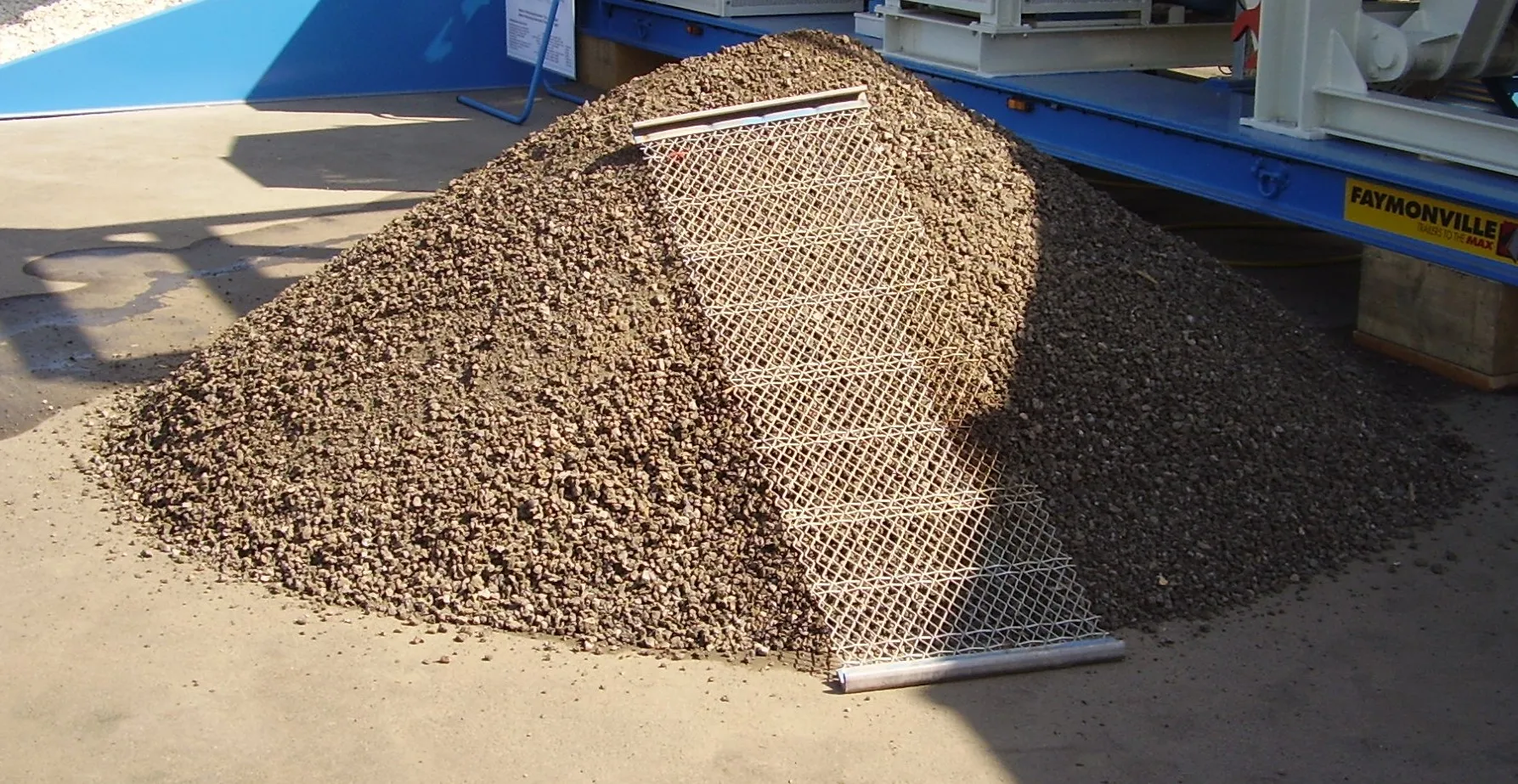
The European Asphalt Pavement Association (EAPA) says that total asphalt production in Europe has returned to levels of COVID times. EAPA’s overview of the production figures of the European Asphalt Industry have been published in its new edition of “Asphalt in Figures”.
In 2022, the total production of Hot and Warm Mix Asphalt (HMA and WMA) was 212.5 million tonnes for the EU-27 countries and 279.4 million tonnes considering further countries in Europe (Norway, Switzerland, Great Britain and Turkey). Compared to the previous year, these figures represent decreases of 3.7% and 3.9% respectively, falling back to values slightly higher than those registered in 2020, characterised by the Covid-19 crisis.
In Austria, Belgium, Croatia, Czech Republic, Denmark, France, Germany, Great Britain, Hungary, Norway, Romania, Slovenia, Spain and Turkey, quantities of RAP used increased. In these countries, a total of 36 million tonnes of reclaimed asphalt were available, out of which, 76% were re-used, 22% were recycled and only 2% were used on unknown applications or put to landfill.
EAPA Technical Director, Breixo Gomez, shared his thoughts on the publication, stating that, "...once again, these figures show that asphalt is an important tool within the construction sector to meet the challenging objectives of the European Union, including decarbonisation and circular economy, among others."
Published annually, the European Asphalt Pavement Association gathers and presents the latest key figures of the European asphalt industry in "Asphalt in Figures." This comprehensive overview includes data on asphalt production in Europe, covering aspects such as types of asphalt, applications, re-use/recycling rates, number of companies, and production sites.







